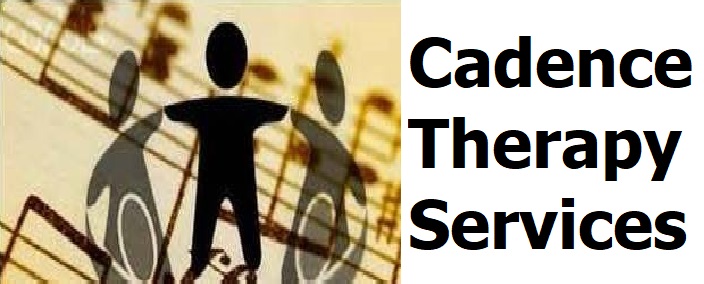Autism & Music Therapy
What is Autism?
- Referred to as “autism spectrum disorder”
- Developmental disorder
- Divided into two categories:
- Anatomical
- Psychological
- Afflicts 0.5% of American children
- Derives from the Greek word autos, meaning “self”
Symptoms and Characteristics of Autism
- Withdrawal from social interaction
- Lack of eye contact
- Absence of empathy
- Poor language
- Difficulty understanding metaphors and abstract concepts
- Difficulty miming other people’s actions
- Compulsive preoccupations with trivial events and objects
- Excessive Fidgeting or rocking back and forth
- Difficulty perceiving and interpreting intentions of others
- Hypersensitivity
- Aversions to certain sounds
- Poor auditory perception
Autism and the Brain
- Children with Autism have characteristic abnormalities in the cerebellum (responsible for coordination of complex voluntary movements) as well as the brain stem (controls automatic body fluctuations such as breathing)
- People with Autism show reduced mirror neuron activity in the inferior frontal gyrus which may explain inability to assess intentions of others. Mirror neuron system (motor command neurons) dysfunction exists in the insula and anterior cingulate cortex which can cause symptoms such as absence of empathy
- Deficits in the angular gyrus may result in language difficulties and sits in the crossroads of the brain’s vision, hearing, and touch centers where nerve cells with mirror-neuron properties have been identified
- Lack of mu-wave suppression measuring brain activity (electroencephalogram): ex: explains failure of infant to mimic a mother sticking out her tongue
- Autonomic responses (Heart Rate, Blood Pressure) over-stimulated by aversive stimuli and sensory overload causing symptoms of Autism as coping mechanisms
- Connections between sensory areas and the amygdala (emotional center in the brain dealing with aversive stimuli) may be altered which can cause compulsive, repetitive behavior patterns
How Can Music Compensate for Effects of Autism on the Brain?
- Music can help correct problematic emotional behavior: Primary effects: neurological and biochemical and Secondary effects: subjective awareness, changes in emotional cognition, and behavioral responses
- Music significantly reduces: pulse rate, and plasma levels of epinephrine, norepinephrine, and cortisol which have direct effects on Autistic symptoms
- Music can lower the secretion of stress related hormones, create reinforcement, and emotionally condition to redirect maladaptive behaviors
- Music is sensory and can directly target sensory issues and coping strategies of Autism to compensate for overstimulation of sensory stimuli
- Music directly accesses neuronal activity in the Autonomic Nervous System and arouses mechanisms in the midbrain and brainstem which can compensate for neurological abnormalities caused by Autism
- Music makes contact through the thalamus and relays sensations and feelings directly to emotional centers (hypothalamus and limbic system) reaching cranial emotional centers without prior need for higher cortical analysis of the sensation
- Music can address hypersensitivity sensory issues of Autism through holologic auditory processing: using music to stimulate planned decision-making, emotional reaction, and motor activity
